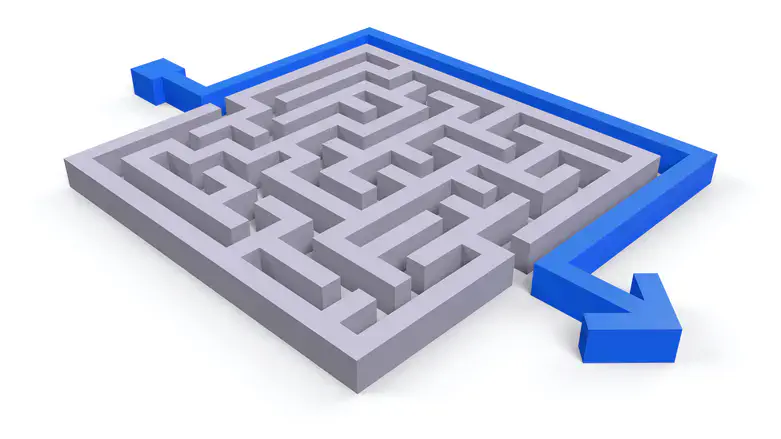
Here are just a few multiple choice questions:
1. In a democracy, what should happen to protestors who, in an act of civil disobedience, block a road without a permit?
A. They get on TV and then go home.
B. They bear the consequence of violating the law.
Note: Israel Attorney General Gali Baharav-Miara answered "A".
"In no sense do I advocate evading or defying the law, as would the rabid segregationist. That would lead to anarchy. One who breaks an unjust law must do so openly, lovingly, and with a willingness to accept the penalty. I submit that an individual who breaks a law that conscience tells him is unjust, and who willingly accepts the penalty of imprisonment in order to arouse the conscience of the community over its injustice, is in reality expressing the highest respect for law." ("Letter from a Birmingham Jail" Dr. Martin Luther King Jr. 16 April 1963)
2. How do you rule on a case if you are Justice in the Supreme Court and believe that it does not serve the national interest to rule on that case in accordance with the law?
A. Make the ruling in accordance with the law and in the decision call for a revision of the law.
B. Engage in verbal gymnastics to explain why a ruling which actually doesn't jibe with the law is in accordance with an interpretation of the law.
C. Claim legal precedent which doesn't actually exist to support your ruling which doesn't actually jibe with the law.
Note: Supreme Court Justice Aharon Barak chose C
"I believe it is fair to conclude that the 'lineage' of the rulings by Justice Barak in the Pinhasi case and by Justice Mazza in the Deri case does not withstand scrutiny. In the binding legal material available to us at the time, these rulings have no foundation for the conclusions reached by the justices. Even the secondary sources do not provide strong support for these far-reaching conclusions." (Prof. Ruth Gavison, "The Attorney General: A Critical Look at New Trends," in Plilim Vol. 6 (1996), p. 95.)
3. What do you do if you have been assigned to negotiate with terrorists on behalf of the Government of Israel and the Government of Israel formally votes to approve a negotiating position which you oppose?
A. Advise the Government of Israel that you cannot act as negotiator.
B. Arrange to appear before the Knesset Subcommittee for Intelligence and Secret Services so that this Knesset body, which has oversight responsibility for the most sensitive matters of the Israeli state, is aware of the concerns which you have.
C. Share your concerns and criticisms with the press and others while continuing to serve in the negotiating position.
Note: Shin Bet head, Ronen Bar, apparently chose C.
4. What do you do when a Supreme Court Justice issues an injunction preventing you from doing something?
A. Launch a PR campaign implying that you may not honor the injunction.
B. Have your lawyer prepare possibly the strongest submission in Israel's legal history explaining why the injunction should be vacated while stating explicitly in the submission that the ruling of the Supreme Court will be honored.
Note: Prime Minister Netanyahu did both A and B.
Despite the written submission, there are Likud MKs still doing A.
(PM Netanyahu's choice of a combination of A and B may have succeeded in diverting all attention from the passage of a budget which keeps the coalition intact by putting off the reckoning with haredi men who opt not to serve in the IDF. The problem, however, will not go away on its own.)
Dr. Aaron Lerner is head of IMRA - Independent Media Review and Analysis, founded with his father Dr. Joseph Lerner, and since 1992 providing news and analysis on the Middle East with a focus on Arab-Israeli relations
